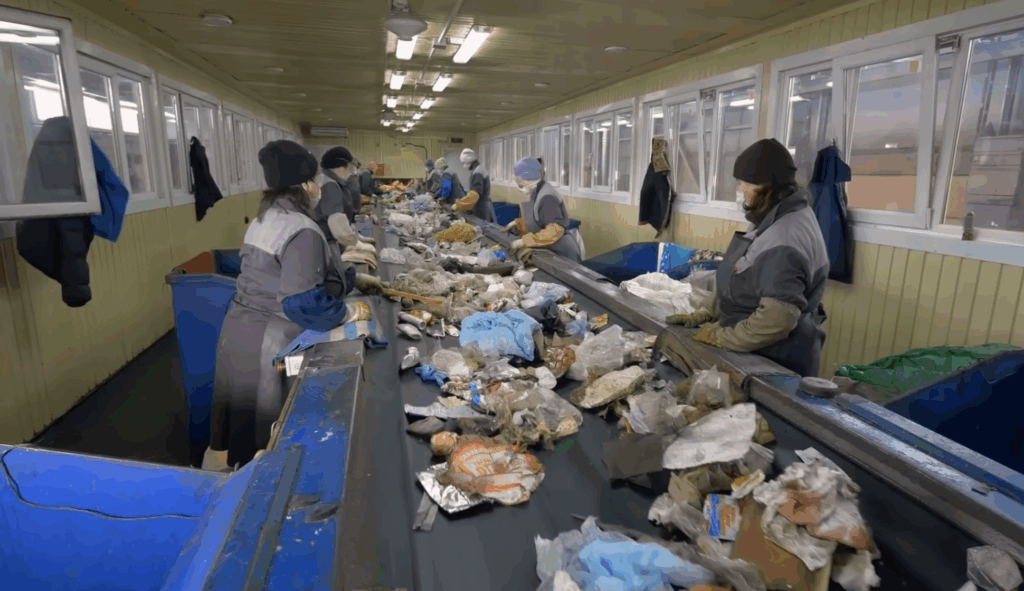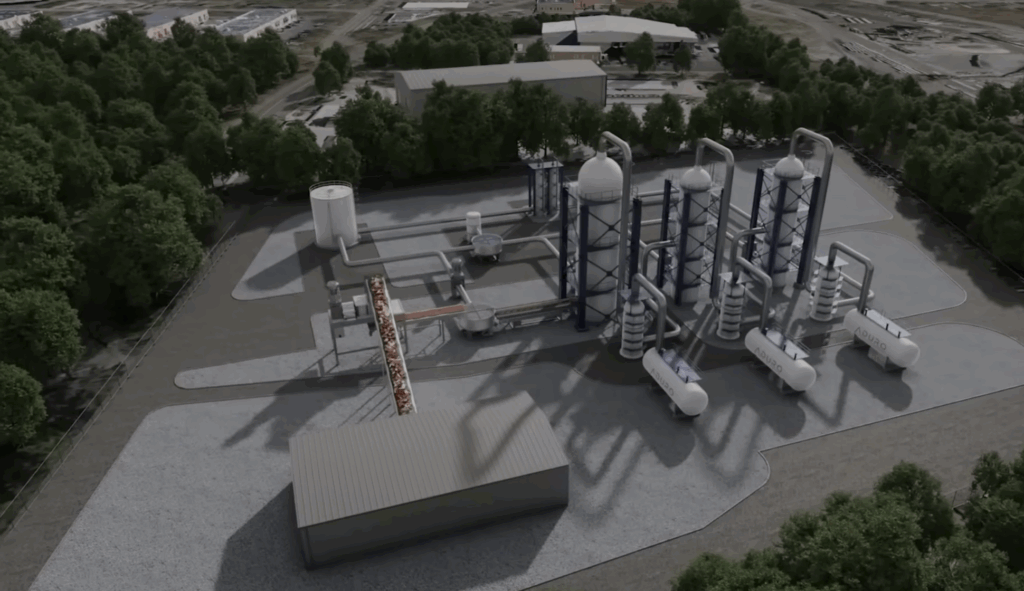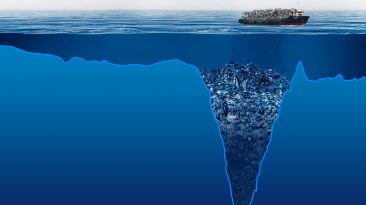Plastic surrounds us in ways most of us don’t even notice. From the toothbrushes we use in the morning to the water bottles in our hands, plastic is everywhere. But have you ever stopped to wonder how essential this material really is and what would happen if it vanished overnight?
The Hidden Role of Plastic in Modern Life
It might sound absurd to imagine living in a building made from the same material as a phone case or water bottle, but plastic isn’t just for convenience. Much of the infrastructure around us, including construction materials, power cables, and even medical devices, depends on plastic. Without it, our modern way of life would be in jeopardy.

If all plastic suddenly disappeared, the consequences would be catastrophic. We’re not just talking about struggling to store leftovers or losing access to smartphones. Airplanes could fail mid-flight, cities could plunge into darkness, and hospitals could descend into chaos without essential plastic components.
Yet despite its importance, plastic is also one of our biggest environmental challenges. Only ten percent of the plastic we produce is actually recycled. The rest ends up in landfills, incinerators, or, worst of all, the oceans. Between one and eight million tons of plastic enter the oceans each year, threatening marine life, damaging ecosystems, and infiltrating our food chain through microplastics.
Why Recycling Plastic Is So Complicated
Clearly, our relationship with plastic is complicated. We rely on it more than ever, for packaging, electronics, construction, transportation, and medical devices. But the problem isn’t how much plastic we use; it’s that we haven’t figured out how to reuse it effectively.

Even for conscientious recyclers, the process is not simple. Plastics come in different chemical forms, each with unique properties. Water bottles, classified as type one plastics, are relatively easy to recycle, while Styrofoam containers, classified as type six plastics, are much harder to process. Plastics are also recycled using different methods, including mechanical and chemical.
Mechanical recycling involves sorting, melting, and reshaping plastics into new products. But contamination, such as leftover food, can ruin entire batches, and many types of plastics still end up in landfills or oceans.
Could We Just Get Rid of Plastic?
The idea of eliminating plastic altogether has been floated by environmentalists, but the consequences would be devastating. Imagine waking up to find your phone, toothbrush, and even your coffee maker gone. Refrigerators would fail, power lines would malfunction without plastic coatings, and hospitals would lose syringes, IV tubing, and life-saving medical equipment. Modern society would grind to a halt, proving that plastic is more than just a convenience; it is essential.
A New Hope Chemical Recycling Technology
Instead of eliminating plastic, innovative solutions are emerging to address the waste problem. One of the most promising approaches comes from Ontario, Canada, where Aduro Clean Technologies has developed a breakthrough method called Hydrochemolytic Technology, or HCT.

Unlike traditional mechanical recycling, HCT is a form of chemical recycling that breaks plastics down at the molecular level, turning them back into their basic building blocks. Solid plastic waste is shredded, mixed with water, a catalyst, and a hydrogen source, then heated in a reactor. The result is high-purity liquid oils that can be turned into new plastics or even fuel.
This process requires less energy than other recycling methods and reduces the carbon footprint. By reusing existing plastics, it also decreases reliance on fossil fuels such as oil and natural gas, which are non-renewable and contribute to greenhouse gas emissions. Aduro’s approach promotes a circular economy where plastic is recovered, reused, and given a second life instead of being discarded.
The Road Ahead
After more than a decade of research and development, Aduro is now scaling up its technology and building a commercial pilot plant. With eight patents and proprietary methods, the company is moving from experimental setups to full-scale operations. If successful, this technology could transform how we handle plastic waste worldwide.
Just because something causes problems doesn’t mean eliminating it is the answer. Plastic has become a backbone of modern life, and removing it overnight could cause far more harm than good. The future lies not in abandoning plastic but in rethinking how we use it and how we recycle it effectively.
Plastic may be part of the problem, but with innovation like Aduro’s, it could also be part of the solution.



























